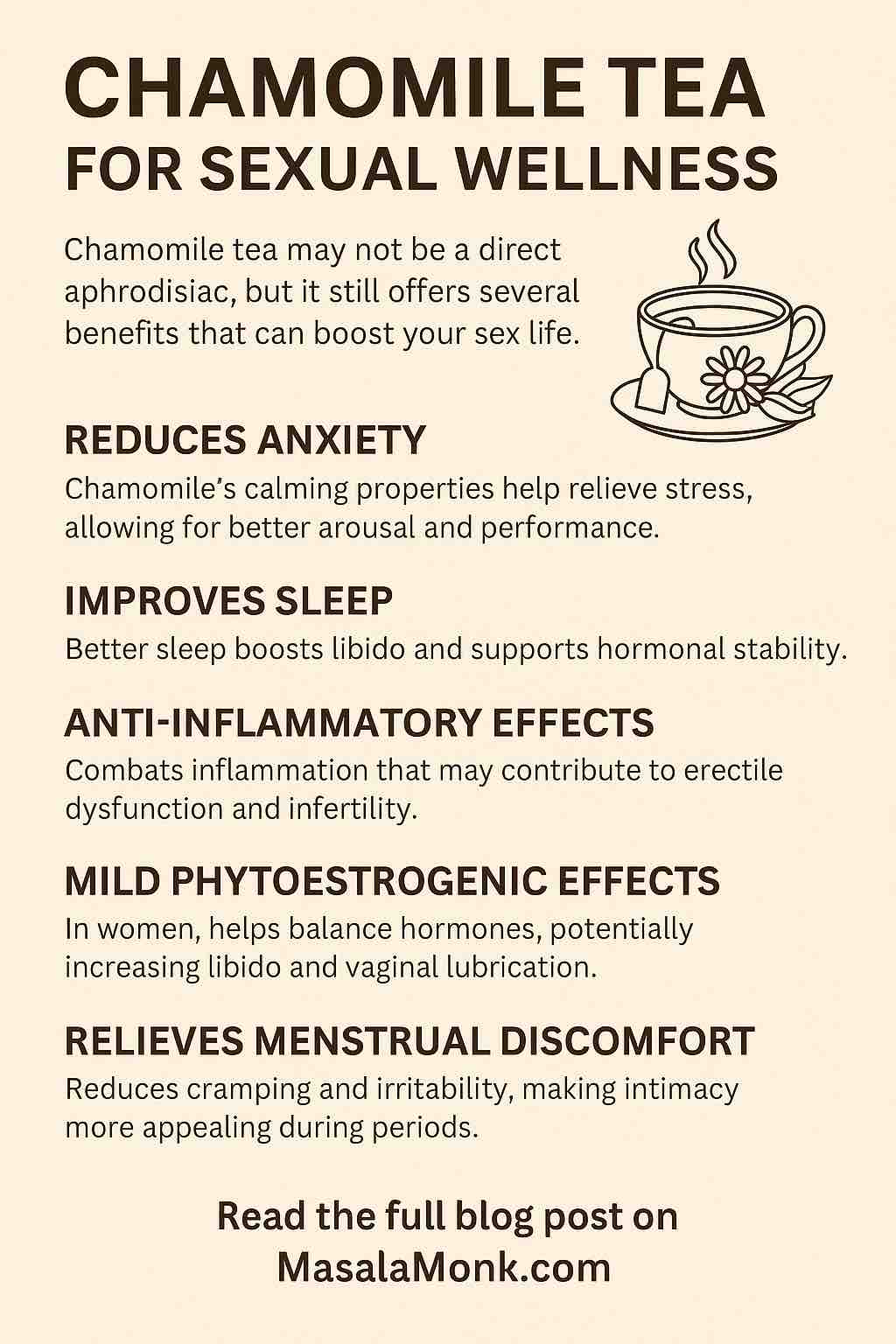
If you’ve ever wondered if there’s a natural remedy that could help manage blood sugar, you’re not alone. Millions of people with diabetes are looking for effective, safe, and affordable ways to support their health. One ancient berry—Amla, also known as Indian Gooseberry—has taken the spotlight in recent research for its impressive impact on glucose metabolism. Could this tangy, green fruit be the secret weapon you’ve been searching for?
Meet Amla: The Ancient Superberry
Amla (Phyllanthus emblica), cherished in Ayurveda for thousands of years, is celebrated for its sky-high vitamin C content, rich antioxidants, and unique polyphenols. Traditionally, it’s been used to support digestion, immunity, and even hair growth. But what’s really exciting scientists today is Amla’s potential in managing type 2 diabetes.
Amla vs. Diabetes: What Does the Latest Science Say?
1. Real-World Clinical Results
- 2024 Belgium Study: Over 190 adults with high cholesterol (many with diabetes or prediabetes) took a daily supplement containing Amla and olive extract. In just 2 months, those with type 2 diabetes saw their fasting blood sugar plunge by an average of 43 mg/dL—an almost 28% drop—with zero serious side effects reported.
- Saberry® Extract Trials: Standardized Amla extracts (like Saberry®) have shown consistent reductions in both fasting and post-meal blood sugar in overweight adults after 90 days. Lipid profiles (LDL, VLDL, and total cholesterol) improved as well.
- Meta-Analysis (2024): A comprehensive review of recent randomized clinical trials confirmed that Amla supplementation lowers fasting glucose, HbA1c, LDL cholesterol, and markers of inflammation (like CRP).
2. How Does Amla Work?
Amla’s secret lies in its unique bioactive compounds:
- Vitamin C: Battles oxidative stress, which contributes to insulin resistance.
- Polyphenols and Tannins (like β-glucogallin): Slow down carbohydrate absorption, helping to blunt post-meal blood sugar spikes.
- Natural Enzyme Inhibitors: Reduce the breakdown and absorption of sugars in the gut.
- Insulin Sensitization: Early data suggests Amla may help your body use insulin more efficiently.
How to Use Amla for Diabetes: Practical Tips
Forms That Work
- Standardized Extracts: These provide precise doses of key compounds. Look for trusted brands, especially those containing “Saberry®” or β-glucogallin-rich extracts.
- Powder: Amla powder can be mixed into smoothies, yogurt, or even sprinkled over breakfast oats.
- Whole Fresh Fruit: If you can handle the tartness, fresh Amla is packed with fiber and nutrients.
- Juice: Less recommended for blood sugar management, as juice lacks fiber and can be concentrated in sugars. If using juice, dilute and monitor your blood sugar response.
Effective Dosages
- Most research uses 500 mg–1,000 mg of extract once or twice daily, or 1–3 grams of Amla powder per day.
- Start small (especially if you’re new to herbal supplements), and always monitor your blood sugar to see how your body responds.
Pairing Amla with Other Foods
- Food Synergy: Recent studies show that combining Amla with olive extract may boost glucose-lowering effects.
- Traditional Recipes: You can add Amla powder to Indian sweets (like low-GI Barfi) or chutneys for a delicious, functional treat.
- Modern Smoothies: Blend Amla powder with spinach, cucumber, and lemon for a refreshing, blood sugar-friendly green juice.
Amla in the Kitchen: A Simple Diabetic-Friendly Recipe
Low-GI Amla Barfi (Indian Sweet)
- Ingredients: 1 cup almond flour, 1/4 cup Amla powder, 2 tbsp coconut oil, 1/4 cup unsweetened coconut, natural sweetener (like stevia/erythritol) to taste.
- Instructions: Mix all ingredients. Press into a lined tray, chill until firm, and cut into squares. Enjoy a sweet treat with less blood sugar spike!
Is Amla Safe? What to Watch Out For
- Generally Safe: Most clinical trials show zero serious side effects.
- Mild Effects: A few people may experience mild stomach upset if taken in large quantities.
- Medication Interactions: If you’re taking blood thinners or glucose-lowering drugs, check with your doctor before starting Amla—just to be safe.
Who Should Try Amla?
- Prediabetics looking to delay or prevent the progression to diabetes.
- Type 2 diabetics seeking a natural adjunct to medication (NOT a substitute for prescribed drugs).
- Anyone interested in a functional, antioxidant-rich addition to their diet.
Final Verdict: Is Amla the Secret Weapon?
Amla is not a miracle cure—but the latest research shows compelling evidence that it can support blood sugar management, improve cholesterol, and lower inflammation, all with a stellar safety profile. If you’re looking for a time-tested, research-backed natural ally against diabetes, Amla deserves a place in your wellness arsenal.
Next Steps: How to Get Started
- Talk to your healthcare provider about adding Amla to your routine, especially if you’re on medication.
- Start with a reputable product—powder or extract—from a trusted supplier.
- Monitor your blood sugar and adjust as needed. Track how you feel.
- Experiment in the kitchen! Try recipes and share your experience with others.
- Stay informed: New studies are published every year—Amla’s story is only getting stronger.
What’s your experience with Amla? Have you tried it for diabetes or general health? Share your thoughts, questions, and favorite recipes below!
Frequently Asked Questions (FAQs)
1. Can Amla cure diabetes?
No, Amla cannot cure diabetes. It is a supportive, natural supplement shown to help regulate blood sugar and improve metabolic health, but it should always be used alongside prescribed medical care and a healthy lifestyle.
2. How much Amla should I take daily for blood sugar support?
Most studies use 500 mg to 1,000 mg of standardized Amla extract once or twice daily, or about 1–3 grams of Amla powder per day. Always start with a lower dose and consult your healthcare provider, especially if you take medication.
3. Is Amla safe for everyone?
Amla is generally considered safe and well-tolerated. People with bleeding disorders or those taking blood thinners should consult their doctor, as Amla may slightly increase bleeding risk. Mild stomach upset is possible if taken in high amounts.
4. What’s the best way to take Amla for diabetes?
Standardized extracts or powders offer the most reliable dosing. You can also eat the fresh fruit, but juice is less effective due to lower fiber and possible sugar concentration.
5. Can I take Amla with my diabetes medications?
Often yes, but monitor your blood sugar closely—Amla may enhance the effect of diabetes medications. Discuss any changes with your doctor to avoid hypoglycemia (too low blood sugar).
6. Does Amla help with cholesterol too?
Yes, multiple studies show Amla can help lower LDL (“bad”) cholesterol and triglycerides, while often raising HDL (“good”) cholesterol.
7. Can prediabetics benefit from Amla?
Absolutely. Research suggests Amla may help delay or prevent the progression from prediabetes to diabetes, especially when combined with other healthy habits.
8. How long does it take to see results with Amla?
Most clinical studies report noticeable improvements within 8 to 12 weeks of daily supplementation.
9. Are there any foods or recipes that work well with Amla for diabetics?
Yes! Amla powder can be added to smoothies, yogurt, chutneys, or even diabetic-friendly sweets like low-GI Barfi. Avoid sweetened or candied Amla products.
10. Is there a difference between Amla juice, powder, and extract?
Yes. Powder and standardized extracts are most effective for blood sugar control. Juice is less reliable for consistent results and may have added sugars—choose unsweetened, fiber-rich options if possible.













